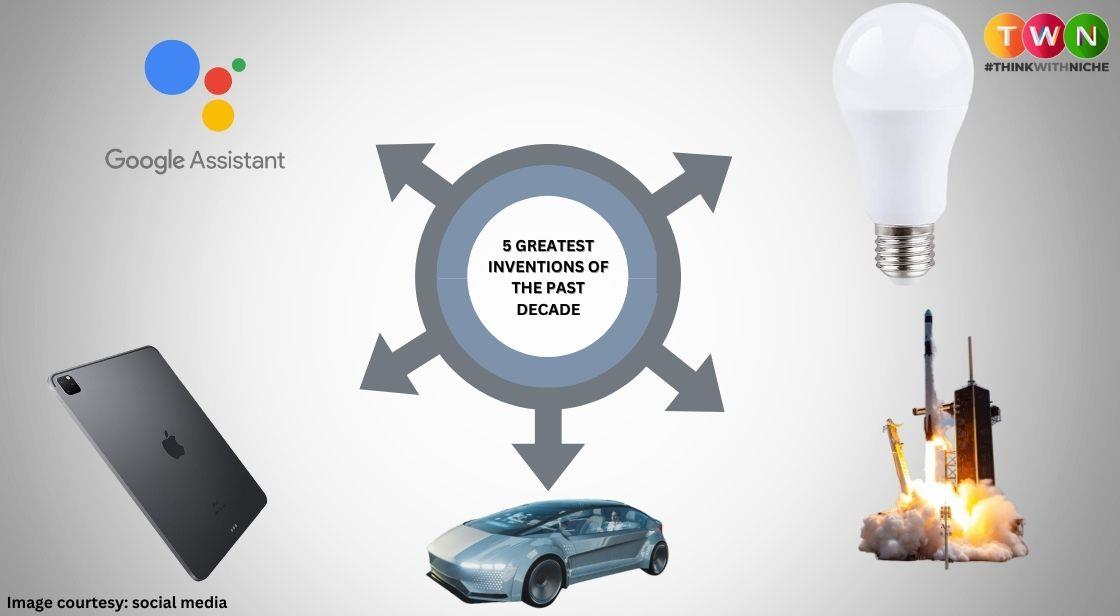Why is Capacity Building Important?
Capacity building is a critical process that enables individuals, organizations, and communities to enhance their abilities to identify, plan, implement, and evaluate their goals effectively. It plays a significant role in improving organizational and individual performance, increasing efficiency and effectiveness, promoting innovation and creativity, empowering communities, facilitating knowledge transfer, and strengthening resilience.
Furthermore, capacity building can empower communities to take control of their own development. It helps them to identify their needs and priorities, develop strategies to address them, and build their skills and knowledge to implement those strategies effectively. This can lead to increased self-reliance and sustainability, which can help to reduce dependency on external aid and support.
That is the term common in such foundations, and it really holds a good place on the priority list.
This article will explain to you what this term actually means and why is it important when talking about foundations and nonprofit organizations.
What is Capacity Building?
Capacity building is defined as an organization's ability to accomplish its mission in an efficient and effective manner. It can also be defined as the methodologies or actions taken by an organization to guarantee that it has the assets necessary to succeed. These activities may include energy development, money planning (funding source diversification), organizational learning, leadership development, and others. Capacity building, in other words, is any series of actions that an organization takes to enhance its capacity to perform effectively in its chosen area. The term or concept also refers to foundations' and other entities' commitment to assisting nonprofit organizations in becoming high-performing entities by providing information, instruction, and guidance.
Why is Capacity Building Important?
1. Enhances Organizational and Individual Performance:
Capacity building is essential for organizations and individuals to enhance their performance. It helps organizations to develop skills, knowledge, and abilities to better manage their resources, improve communication, and increase productivity. It also helps individuals to improve their skills and knowledge, which can lead to personal growth and development, better job opportunities, and career advancement.
2. Increases Efficiency and Effectiveness:
Capacity building can increase the efficiency and effectiveness of organizations and individuals. It helps them to identify their strengths and weaknesses and develop strategies to improve their performance. This can lead to improved service delivery, better decision-making, and increased productivity.
3. Promotes Innovation and Creativity:
Capacity building can promote innovation and creativity. It encourages organizations and individuals to think outside the box and come up with new ideas and solutions to challenges. This can lead to improved services, products, and processes, which can benefit the organization and the wider community.
4. Empowers Communities:
Capacity building can empower communities to take control of their own development. It helps them to identify their needs and priorities, develop strategies to address them, and build their skills and knowledge to implement those strategies effectively. This can lead to increased self-reliance and sustainability.
5. Facilitates Knowledge Transfer:
Capacity building can facilitate knowledge transfer from one organization or individual to another. It helps to share best practices, lessons learned, and innovative ideas. This can lead to improved collaboration and partnerships, and ultimately, better outcomes.
To Read This Full ARTICLE, Click Here



